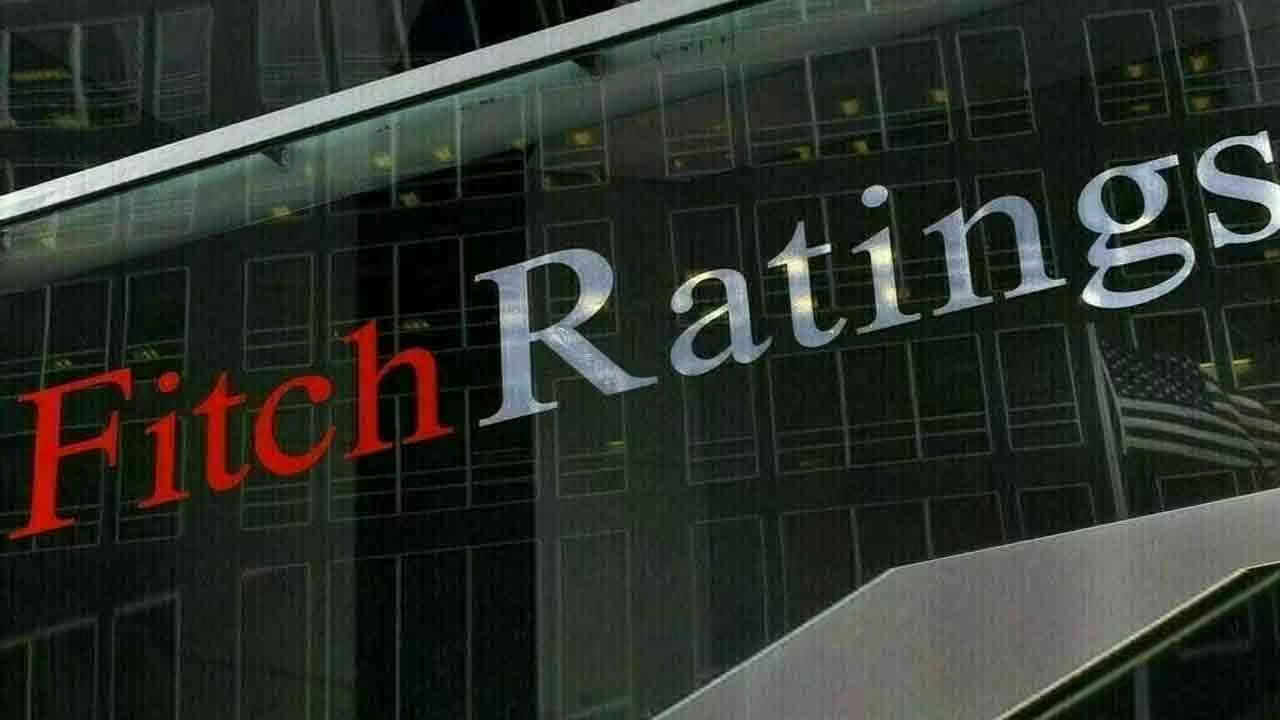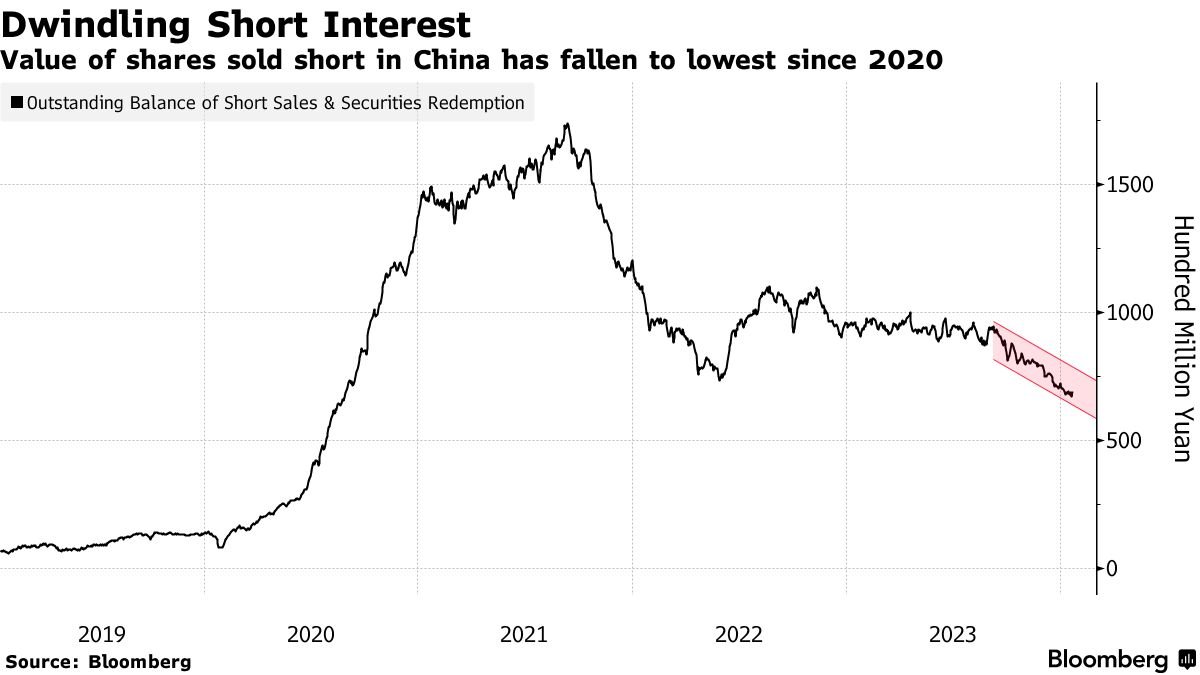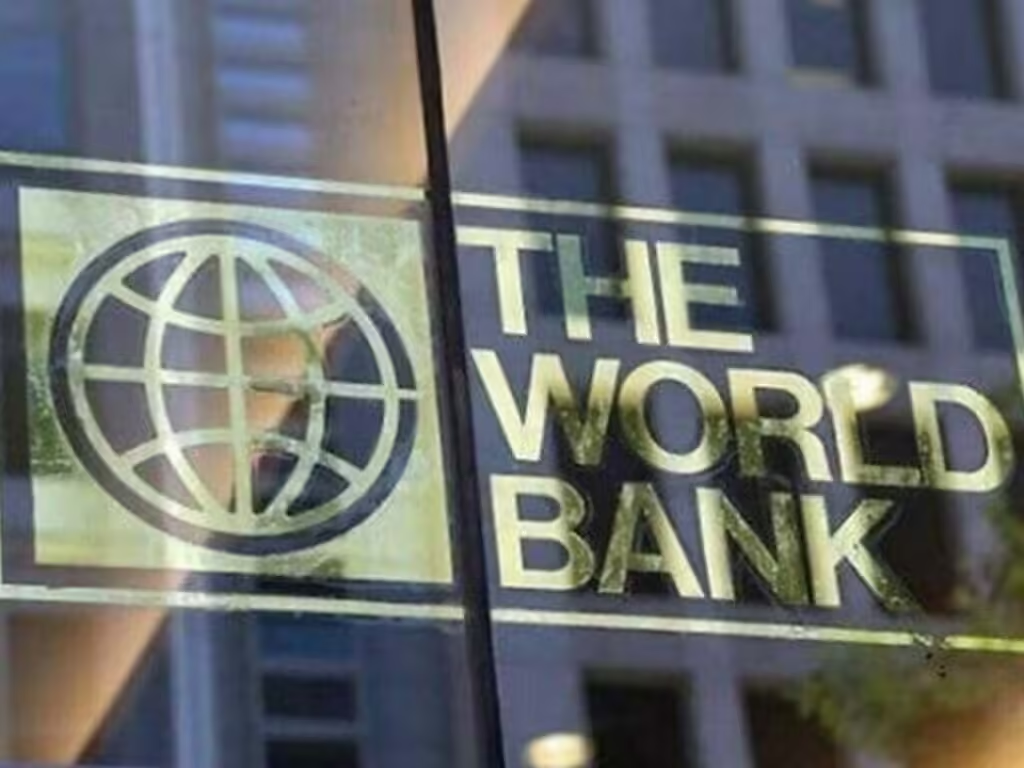Economic rating agency Fitch has issued a comprehensive report on the current political and economic landscape of Pakistan. The report provides insights into the country’s inflation trends, interest rates, fiscal policies, and economic risks, outlining both challenges and potential pathways for stability and growth.
Inflation and Interest Rates
According to Fitch, the rate of inflation in Pakistan is expected to decrease by the end of the current fiscal year. This anticipated reduction in inflation rates is a positive sign for the economy, suggesting that the measures taken by the government and financial authorities are beginning to take effect. The report indicates that the State Bank of Pakistan (SBP) is likely to reduce the interest rate by the end of the financial year, a move that could further stimulate economic activity and investment.
Government’s Economic Targets
Fitch’s report highlights that the Pakistani government has set ambitious economic targets in its latest budget. One of the primary goals is to reduce the fiscal deficit from 7.4 percent to 6.7 percent. This target is considered challenging given the current economic conditions, but it is seen as a necessary step to align with the International Monetary Fund’s (IMF) program requirements. The government’s commitment to difficult economic decisions is viewed as a positive indicator for future financial stability and international support.
Economic Risks
Despite the optimistic projections for inflation and interest rates, the report also identifies several economic risks that could impact Pakistan’s economic outlook. External payments pressure remains a significant risk, highlighting the country’s dependency on foreign exchange reserves and international financial aid. Additionally, natural disasters such as floods and droughts pose substantial threats to Pakistan’s agriculture sector, which is a critical component of the economy.
Political Landscape
The Fitch report also touches upon the political situation in Pakistan. It notes that independent candidates achieved significant success in the country’s February elections, indicating a shift in the political dynamics. This change could have implications for policy-making and governance in the near future.
The report further predicts that the current government, in collaboration with the IMF, will implement all necessary economic reforms. However, it also suggests that if the current government were to end, a technocrat government might take its place. This potential shift could bring about different economic policies and approaches to tackling the country’s financial challenges.
Fitch’s report on Pakistan presents a mixed but cautiously optimistic outlook for the country’s economy. While there are promising signs of decreasing inflation and potential interest rate cuts, significant economic risks and challenges remain. The government’s ambitious targets and difficult decisions are crucial steps towards stabilizing the economy and securing international support.
The evolving political landscape adds another layer of complexity, with potential changes in governance that could impact future economic policies. Overall, the report underscores the need for continued vigilance, strategic planning, and international cooperation to navigate the economic and political challenges facing Pakistan.



